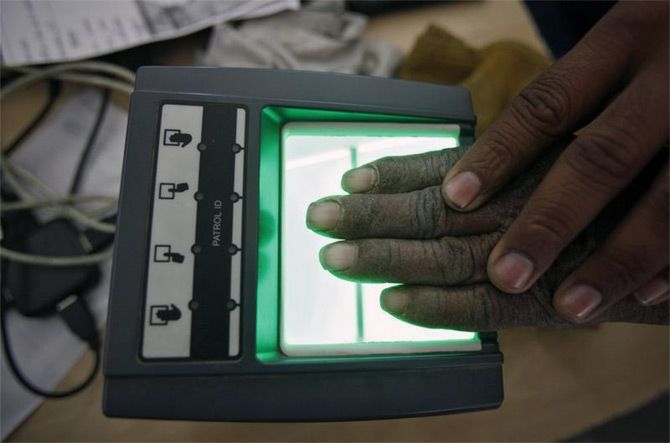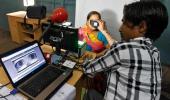 The Supreme Court on Thursday unanimously declared that right to privacy was a Fundamental Right under the Constitution.
The Supreme Court on Thursday unanimously declared that right to privacy was a Fundamental Right under the Constitution.
Following is the chronology of Supreme Court hearings in the right to privacy case:
July 7, 2017: Three-judge bench says issues arising out of Aadhaar should finally be decided by larger bench and the Chief Justice of India would take a call on need for setting up a constitution bench.
July 13: Matter mentioned before CJI who sets up a five-judge constitution bench to hear the matter.
July 18: Five-judge constitution bench decides to set up a nine-judge bench to decide whether the right to privacy can be declared a fundamental right under the Constitution. Nine-judge bench (Chief Justice J S Khehar, Justices J Chelameswar, S A Bobde, R K Agrawal, Rohinton Fali Nariman, Abhay Manohar Sapre, D Y Chandrachud, Sanjay Kishan Kaul and S Abdul Nazeer) constituted to hear the privacy matter.
July 19: SC says right to privacy can't be absolute, may be regulated. Centre tells SC that right to privacy is not a fundamental right.
July 26: Karnataka, West Bengal, Punjab and Puducherry, the four non-BJP ruled states move SC in favour of right to privacy. On the same day, Centre tells SC that privacy can be fundamental right with some riders.
July 27: Maharashtra government tells the SC that privacy is not a "standalone" right, but it is rather a concept.
August 1: SC says there has to be "overarching" guidelines to protect an individual's private information in public domain.
August 2: SC says protection of the concept of privacy in the technological era was a "losing battle", reserves verdict.
August 24: SC declares right to privacy as fundamental right under the Constitution.










